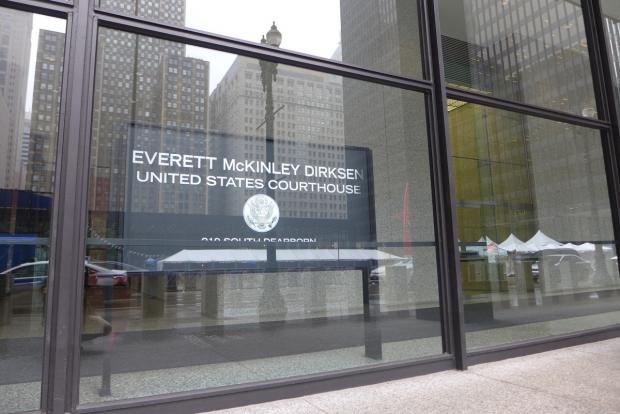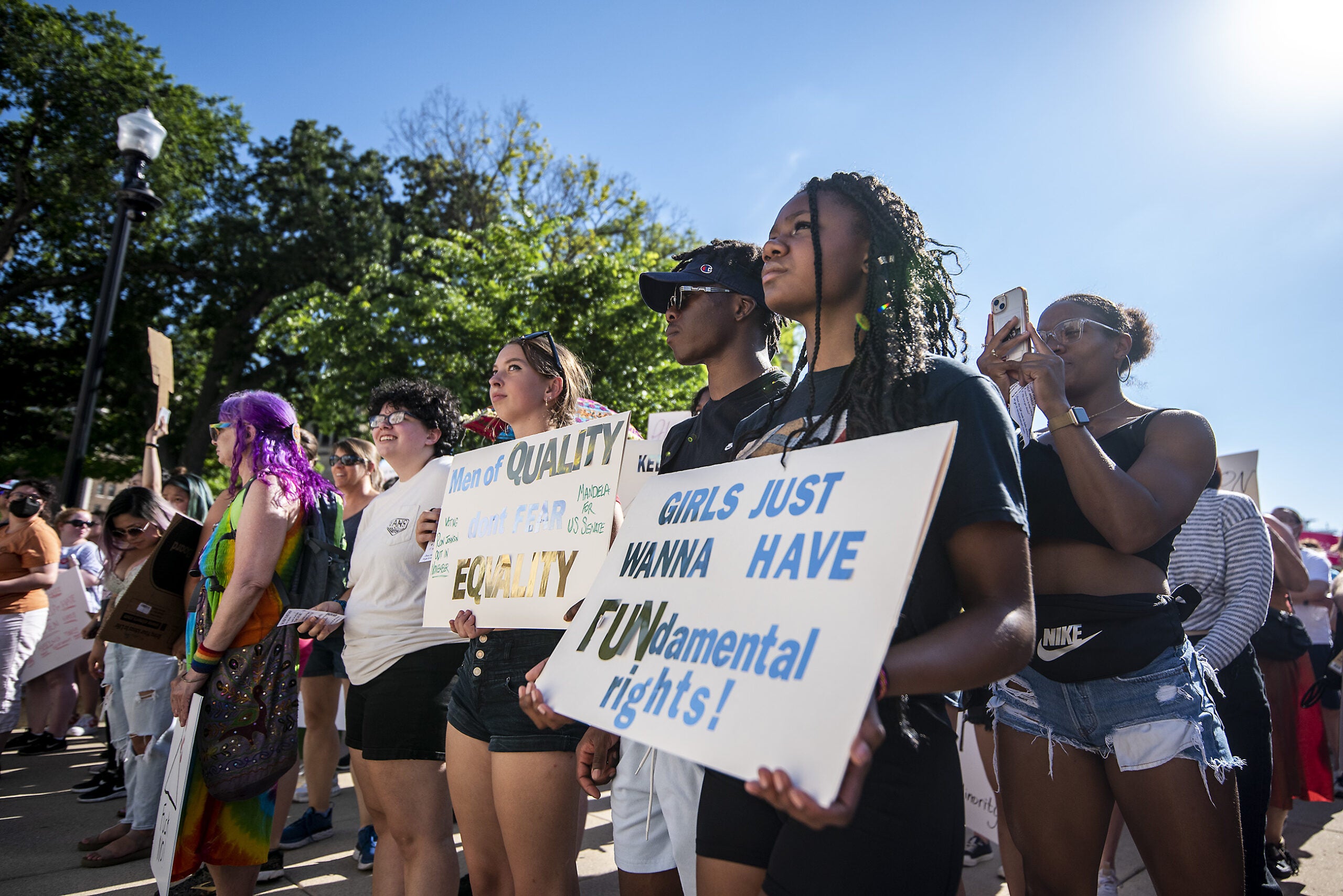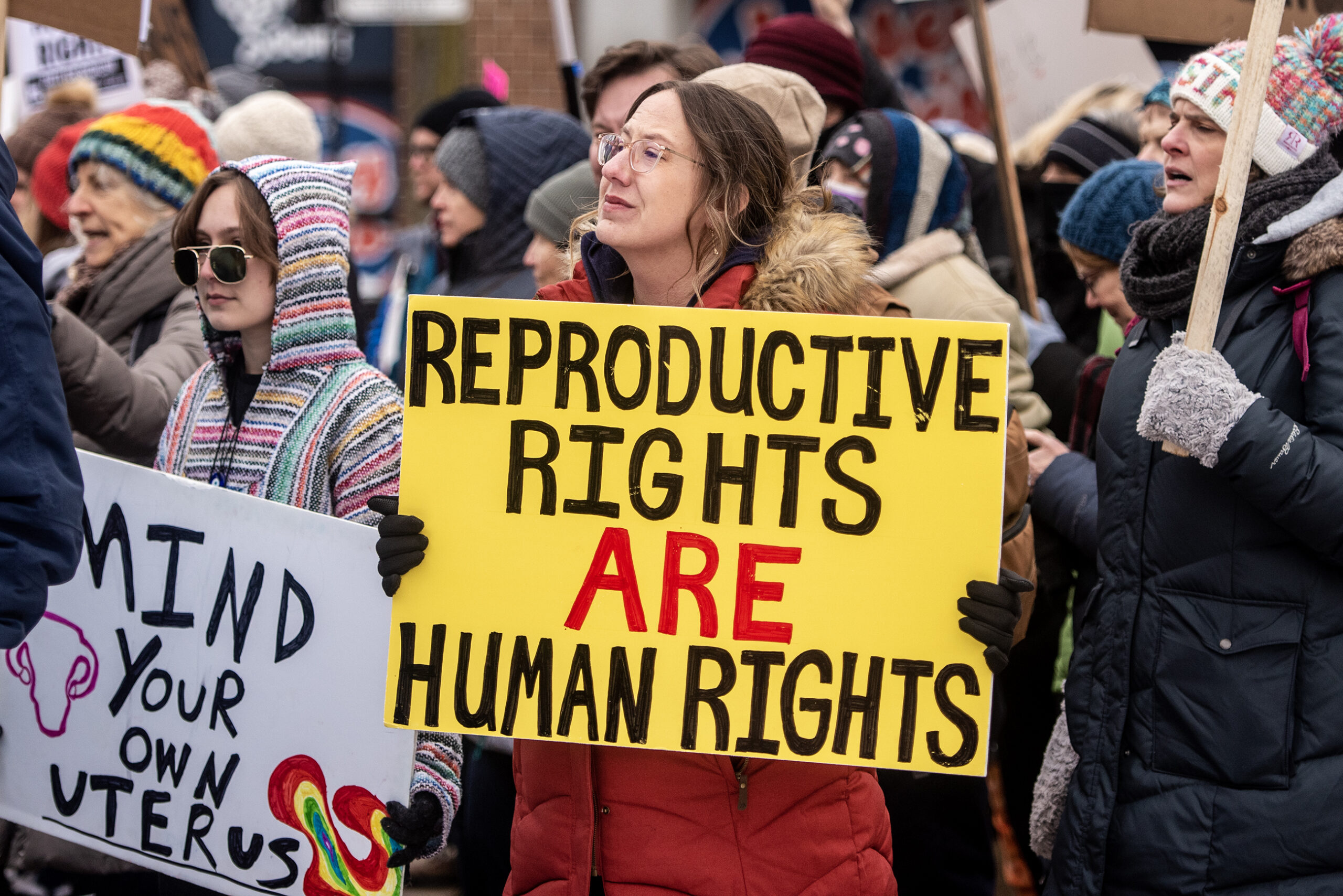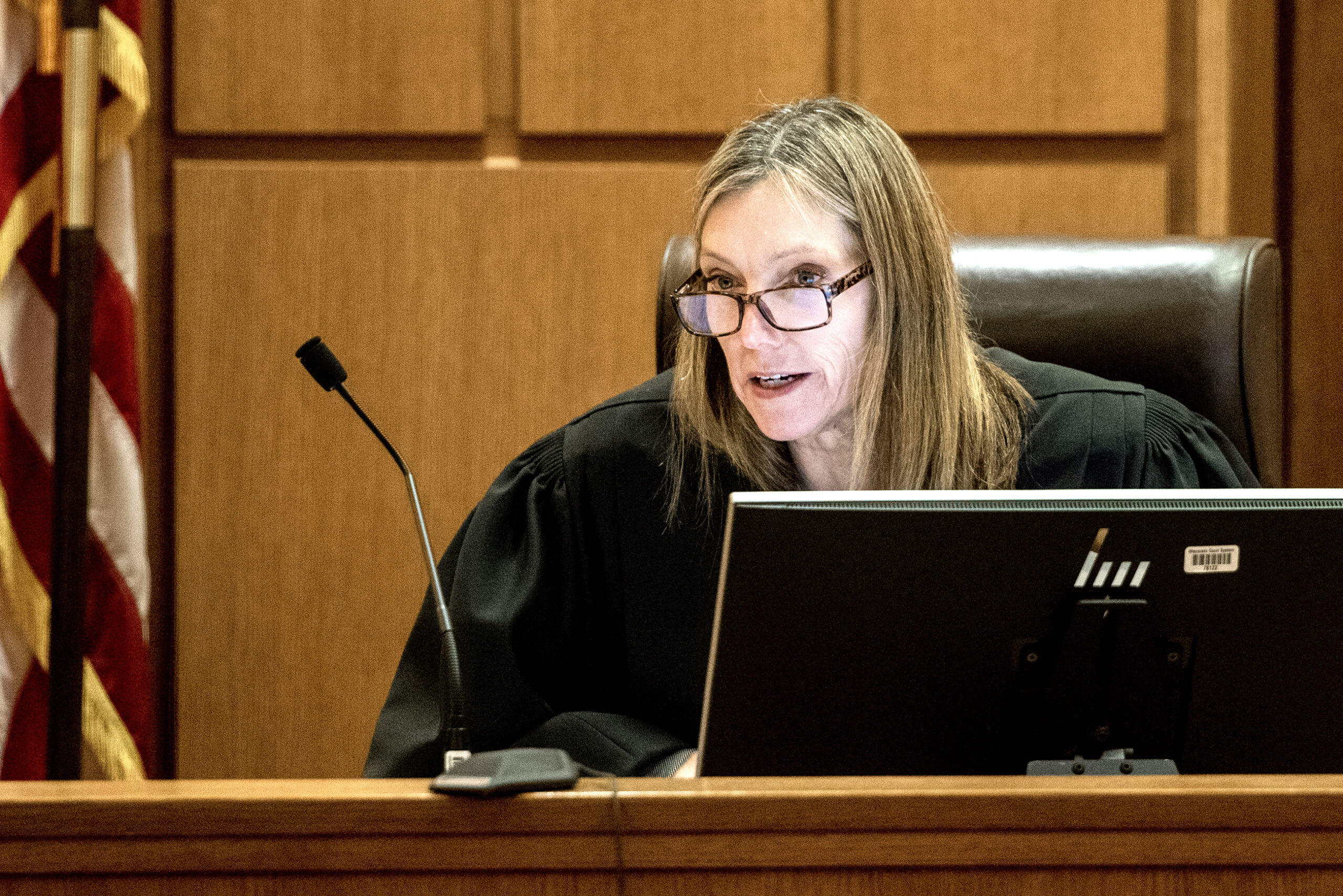Lawyers for the state and Planned Parenthood were in a federal appeals court Thursday. A three-judge panel in Chicago questioned both sides on a law requiring Wisconsin abortion providers to have hospital admitting privileges.
The law Republicans passed in 2013 was challenged right away; it never went into effect. It was found unconstitutional earlier this year by Madison District Judge William Conley and the state is appealing.
An attorney for Planned Parenthood of Wisconsin, Lester Pines, said Conley’s ruling focused on the Legislature’s motivation for requiring hospital admitting privileges. The judge found there was “no documented medical need or purpose.”
Stay informed on the latest news
Sign up for WPR’s email newsletter.
“(Conley) found that because of the extraordinary behavior of the Legislature which acted precipitously at best and maliciously at worst,” said Pines.
During the hearing Thursday, presiding 7th Circuit Court of Appeals Judge Richard Posner questioned the state’s lawyer, Assistant Attorney General Brian Keenan, vigorously along similar lines. He wanted to know why admitting privileges were needed for abortion providers; posing the idea that a woman could just go to the hospital and receive care from an ER doctor.
“So how many women have died because they had a complication from an abortion and their doctor didn’t have admitting privileges?” he said.
Replied Keenan: “In Wisconsin? None, that we know of.”
Republicans who passed the law argue it’s designed to protect women who have medical complications from an abortion.
The three-judge panel also questioned whether the law would force women go to other states for some abortions. Judge David Hamilton cited other cases involving constitutional rights like free speech and the right to bear arms that didn’t depend on location. He said just because a person can exercise those rights somewhere else doesn’t mean they’re not being abridged.
There are similar laws in other states. Elizabeth Nash from the Guttmacher Institute said five states have admitting privilege laws in effect: Missouri, North Dakota, Tennessee, Texas and Utah.
Editor’s note: An earlier version of this story included Associated Press content. It has been updated with original reporting.
Wisconsin Public Radio, © Copyright 2024, Board of Regents of the University of Wisconsin System and Wisconsin Educational Communications Board.






